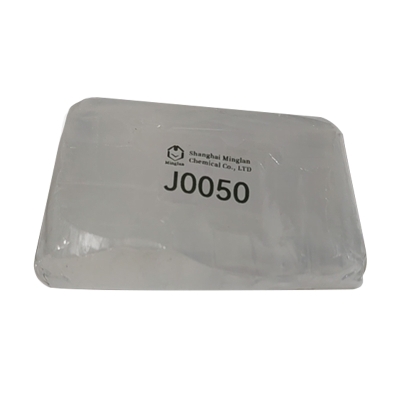-
Categories
-
Pharmaceutical Intermediates
-
Active Pharmaceutical Ingredients
-
Food Additives
- Industrial Coatings
- Agrochemicals
- Dyes and Pigments
- Surfactant
- Flavors and Fragrances
- Chemical Reagents
- Catalyst and Auxiliary
- Natural Products
- Inorganic Chemistry
-
Organic Chemistry
-
Biochemical Engineering
- Analytical Chemistry
-
Cosmetic Ingredient
- Water Treatment Chemical
-
Pharmaceutical Intermediates
Promotion
ECHEMI Mall
Wholesale
Weekly Price
Exhibition
News
-
Trade Service
On Thursday (November 25), oil futures edged down $0.
03, settling at $82.
22 per barrel
.
OPEC and its OPEC+ alliance, including Russia, will meet Dec.
1-2 to formulate policy
.
Crude oil prices are now relatively cautious
in their focus on the union's reaction to the release of oil reserves by consumer countries.
The U.
S.
Department of Energy said it has begun auctioning a total of 32 million barrels of crude oil released from four Strategic Petroleum Reserve (SPR) depots, which will be delivered
between the end of December and April 2022.
The Department of Energy will also announce the sale of up to 18 million barrels of SPR crude
as early as Dec.
17.
Crude oil prices have fallen over the past month as US President Joe Biden has called for a response to rising energy prices, but briefly rose
after Tuesday's landmark plan was released below expectations.
The International Energy Agency (IEA) accused Saudi Arabia, Russia and other major energy producers of creating "artificial tensions" in the global oil and gas market, urging OPEC+ to accelerate the recovery of supplies
.
Andrew Lipow, president of Lipow Oil Associates, said that given the holiday and light trading in the United States, I think the market is digesting the announced release by major consumers and wondering how OPEC+ will react.
As the specific release time is still uncertain, there is a lack of clear direction
for trading.
The Economic Commission Board, OPEC's advisory body, expects that the U.
S.
reserve release will add 1.
1 million b/d to the oil market's oversupply, significantly exacerbating the oversupply in global markets
.
The Economic Committee's forecast adds reason
for member countries to lobby for the cancellation of the production increase.
Some OPEC representatives warned this week that releasing strategic reserves could allow the group to cancel a production increase scheduled for January
.
Three OPEC+ sources said OPEC+ is not currently discussing suspending production
increases, despite the decision of the United States and other countries to release crude oil reserves.
OPEC members, the United Arab Emirates and Kuwait said they were fully compliant with the OPEC+ agreement and had no preset position
ahead of next week's meeting.
Market forecasts for how OPEC will react vary
.
Citigroup said OPEC+ is likely to maintain its plan to increase production by 400,000 barrels per day in January because reducing supply weakens the group's proposition
for providing public goods by stabilizing the oil market.
But ANZ said the alliance would pause production increases to provide a buffer
against demand-side headwinds.
Tamas Varga, an analyst at brokerage PVM, said the actions of the six consumer countries are sure to bring aftershocks
as the fault line between OPEC+ and the major consuming countries becomes more pronounced.







